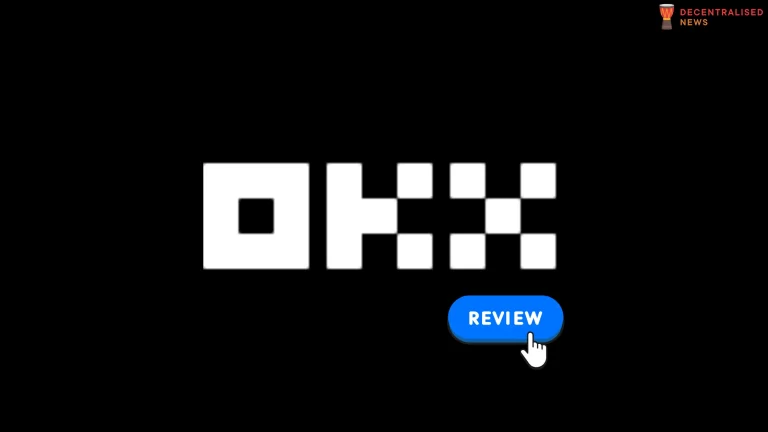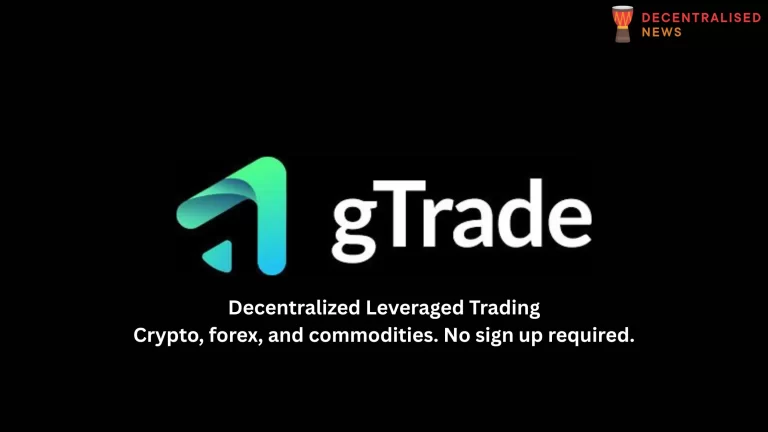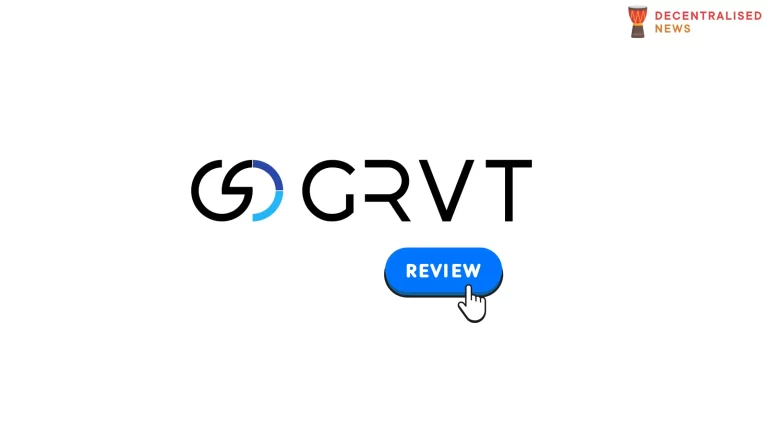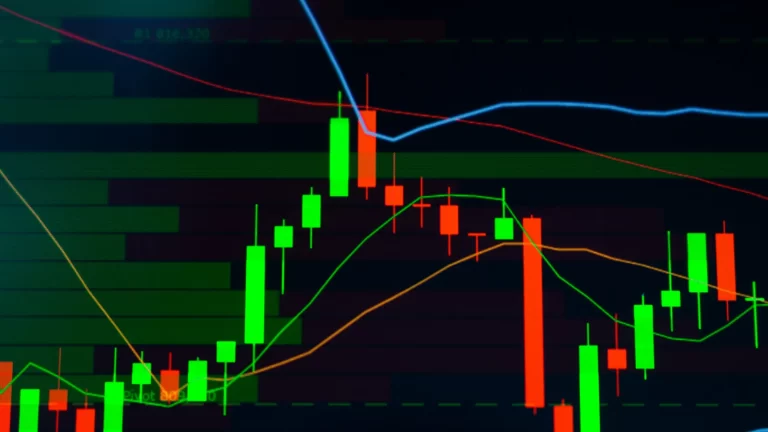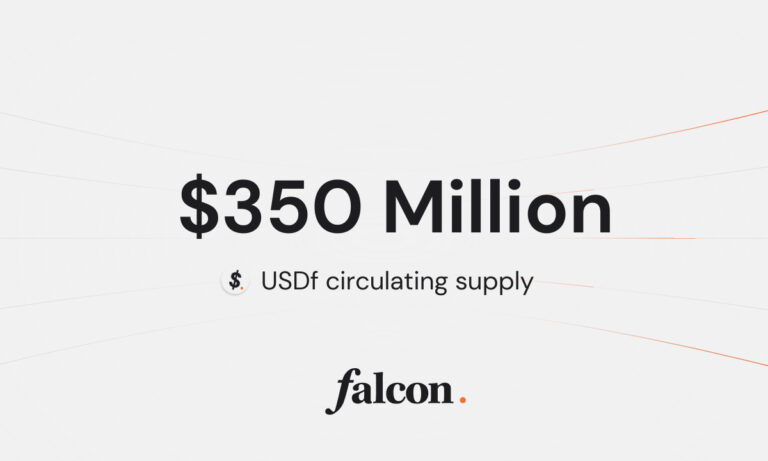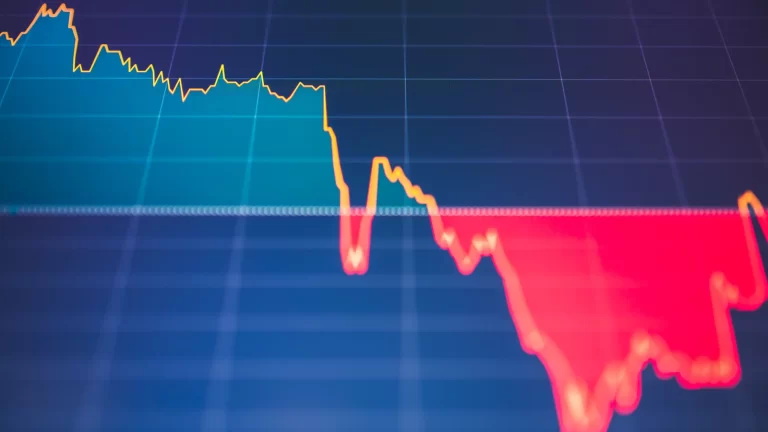
Recently it was reported that online social trading firm eToro is to go public in Q3 2020 via a SPAC deal. Unlike most of the platforms that I review, eToro is not primarily a cryptocurrency trading exchange, but rather, this is a feature that it came to introduce later. The Israeli social trading multi-asset brokerage platform launched back in 2007, but it wasn’t until January 2014 that the development and management teams collectively introduced several cryptocurrencies.
eToro is registered and active in many countries, with its primary bases in Israel, the UK, Australia, and Cyprus. The brand’s crypto exchange, eToroX, is regulated by the Gibraltar FSC and registered in the US with FinCEN as a Money Service Business (MSB). They have more than 6 million estimated customers in more than 140 countries.
The term ‘social trading’ relates to the community-powered aspect that allows eToro traders to view, follow, and copy the trades of more experienced traders in an automatic fashion (sometimes referred to as ‘social copy trading’). Of course, this means that the platform is far from decentralised, and doesn’t offer any DeFi or P2P features.
The Positives
Here are some of the most-enjoyed attributes of this platform:
- eToro takes zero commission fees, recuperating their money in other ways, however, with pretty average trading fees, they can be deemed very fair in the marketplace.
- The international financial markets, commodities, and a range of cryptocurrencies are all opened up to individual traders in a single, easy-to-use interface. This wide array of options gives both beginners and advanced users some interesting opportunities.
- Using their browser platform or mobile trading app, it is fairly straightforward for traders of all levels to get set up, verified, and start trading. The setup process takes about 10 minutes (not including verification).
- Whilst waiting for verification, offers a demo account, something that few crypto exchanges can boast, giving new users the opportunity to play with $100,000 of imaginary funds before deciding whether to invest their hard-earned money.
- Credit and debit cards are both functional with the eToro platform so it should be very simple to load up your account with some currency. Crypto deposits are easily managed too.
- WordPress users might feel quite at home on their platform, as the design is fairly similar.
The Negatives
- There is just a 2:1 leverage on cryptocurrencies, compared to their 30:1 leverage for major fiat currency pairs.
- As cryptocurrency is not their primary trading activity, users may find that the site is more supportive for forex and commodities, meaning that traders who only want to trade in crypto are better off using another platform.
- eToro cannot legally operate in Afghanistan, Albania, Belarus, Bosnia and Herzegovina, Botswana, Brunei, Burundi, Canada, Chad, Congo Republic, Crimea Region, Cuba, Ethiopia, Guyana, Guinea, Guinea-Bissau, Iran, Japan, Laos, Libya, Mali, Myanmar, Namibia, Nicaragua, North Korea, Palau, Samoa, Serbia, Somalia, Sudan, Syria, Turkey, Uganda, and Yemen.
- The platform has a poor customer service reputation, this is attributed to being understaffed, which means the live chat function sometimes disappears.
- Verification times when setting up are reportedly very slow, so users who want to start trading crypto immediately might be better off elsewhere.
- For US traders, the minimum deposit both for first-timers and redeposits is $50, however, if using wire transfers, this fee jumps up to a pretty high figure of $500.
- The eToro Mobile Wallet app is custodial, with eToro holding your funds, keys, and broker, however, it allows users to access the social copy trading feature.
- Users argue that it has one of the slowest withdrawal processes in the industry.
Which cryptocurrencies can you find on eToro?
- Bitcoin
- Ethereum
- Bitcoin Cash
- Ripple
- Dash
- Litecoin
- Ethereum Classic
- Cardano
- IOTA
- Stellar
- EOS
- NEO
- TRON
- Zcash
- Binance Coin
- Tezos
Some of these cryptocurrencies can also be found paired in some way with fiat currencies, including:
- Great British Pound
- US Dollar
- Canadian Dollar
- Japanese Yen
- Swiss Francs
- Australian Dollar
- New Zealand Dollar
- Euros
Some more information on fees
eToro maintains a withdrawal fee of $5 for customers outside of the US with free withdrawals for US customers.
Their trading prices are pretty much in line with the industry averages, charging:
- 0.75% for buying or selling Bitcoin
- 0.1% for crypto to crypto transactions
- 5% for fiat to crypto conversions
CopyTrading requires a minimum of $200 investment, with CopyPortfolios requiring a staggering $5,000. The minimum amount for placing a crypto position is just $25 and there are no overnight or weekend fees when trading crypto.
The final say
Whilst their order book system is incredibly easy to use, it’s the difficulty in getting verified that often loses them many customers. Fortunately for our US readers, this is one of the platforms that does allow you to trade, with so many exchanges excluding US traders due to American financial restrictions.
The social trading feature that allows crypto-traders to copy other crypto-traders who are getting bigger gains is a very interesting feature and is something that other exchanges may want to consider developing in the future, however, this presents new risks. The trader who makes 200% in 24 hours may seem attractive to copy, but they are far more likely to lose all of those gains than a trader who can consistently do 110%. Remember that past performance is not an indicator of future results. The option to copy others or to invest in portfolios should be considered very attractive to first-time crypto-investors who have funds but not the know-how.
The unique features that eToro provides make them an interesting proposition for any curious innovators out there, and so as always, I suggest that you make up your mind for yourself.
